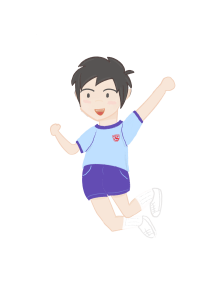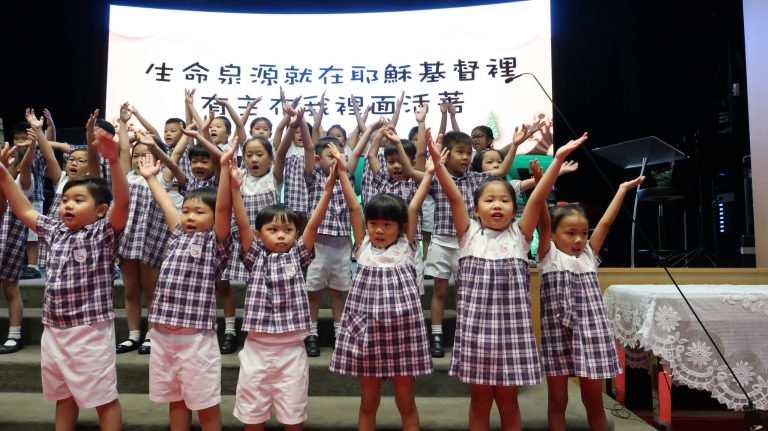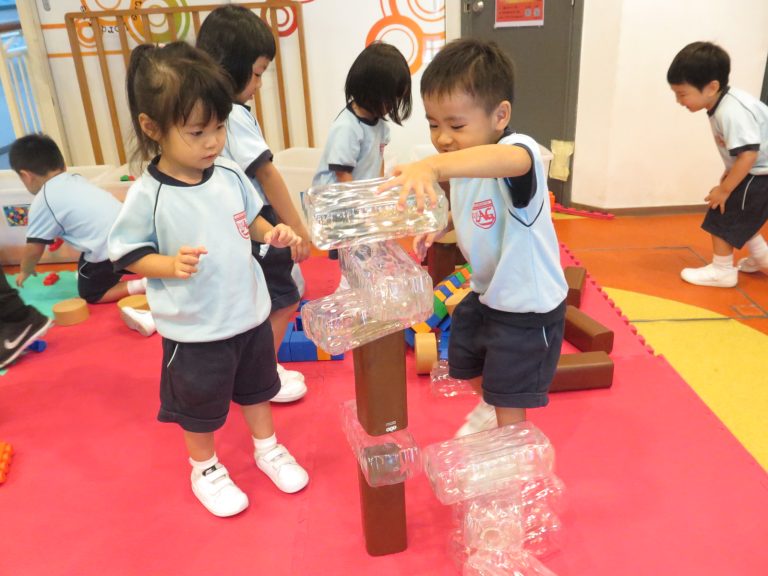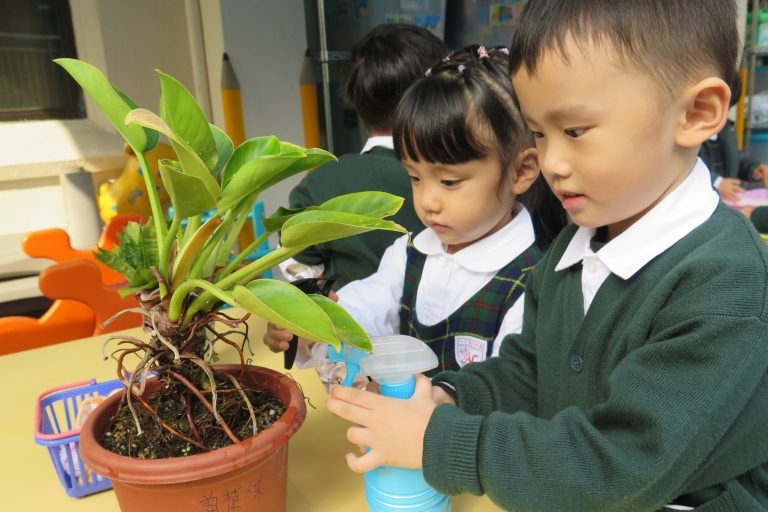
Teaching Philosophy

Christian Education :
Based on biblical principles, we nurture and teach students knowledge, skills and attitudes. Using Bible as the basis, different learning experiences are designed and the most important is to lead children know about Jesus Christ, receive God’s love and become the children Heavenly Father loves.

Moral cultivation and kindness enhancement :

In children’s growth, focuses should be put on behavior formation and instilling proper ethics and morals in them. Besides, teaching young children with God’s love their learning attitudes and abilities are built via daily-life experiences and fun activities. This makes them love themselves and others, respect others, with self-disciplined, self-respect and excellent social relationship and communicate with others using appropriate language.
Nature and life - science exploration:
Through science games, children’s innate curiosity can be released completely. By doing experiments, children’s exploration spirit and admiring attitude towards nature are developed. Lessons are scientific, with fun and practical and a happy learning environment is created by playing games. Also, children’s self-directed learning capacity is stimulated via hands-on participation in the process.

Diversity of Activity Approach - themes, picture books and project approach
Themes: Based on the development and interests of young children, integrated learning activities related to diversified topics are designed. This links children’s learning with their daily life and ensures young children’s moral, intellectual, physical, social and aesthetics can be developed in a whole-person approach.
Picture books: Picture books provide lively and funny plot. This helps develop the listening and speaking abilities of young children and enriches their reading and writing experience. Picture books also create a joyous and relaxing context for language learning.
Projects: Project Approach takes students’ learning interests and experience as the basis. Projects are completed collaboratively through interactive discussion between teachers and students and via learning activities integrating different curriculums. In this teaching approach, students’ self-directed learning and abilities for implementing plans can be developed.








